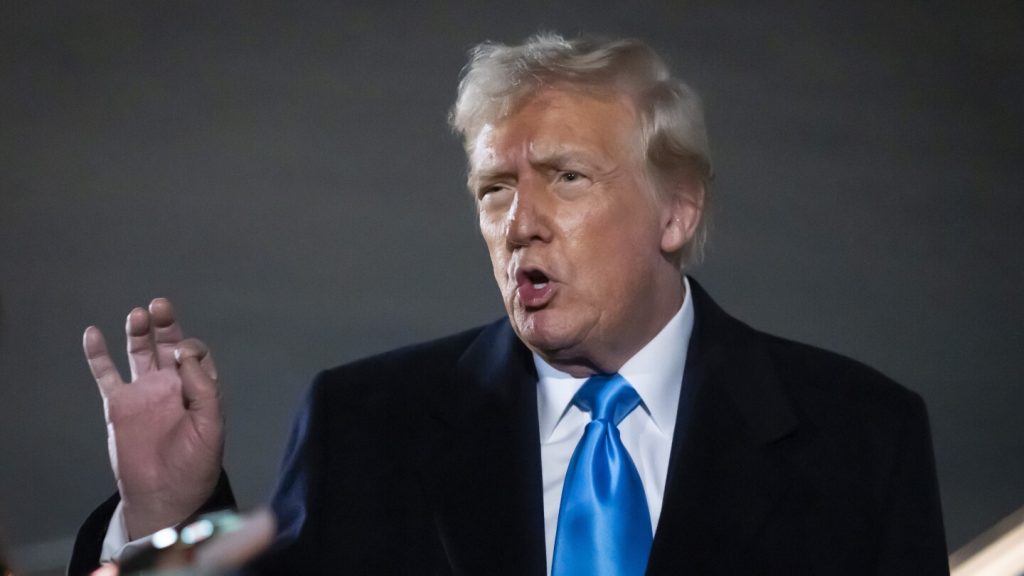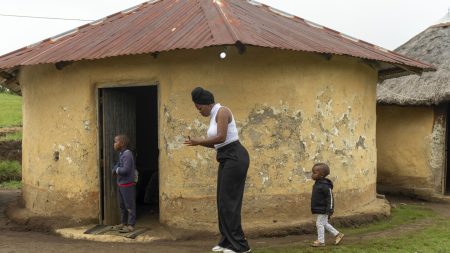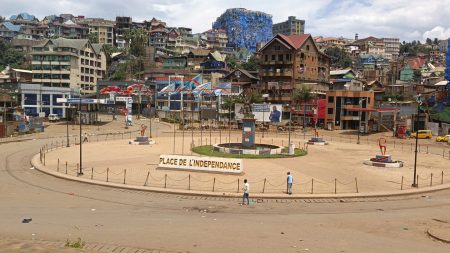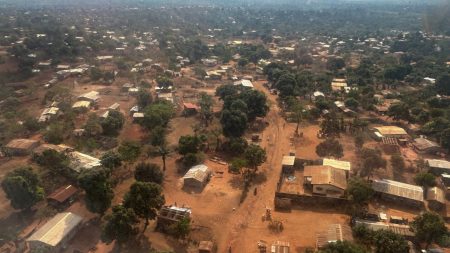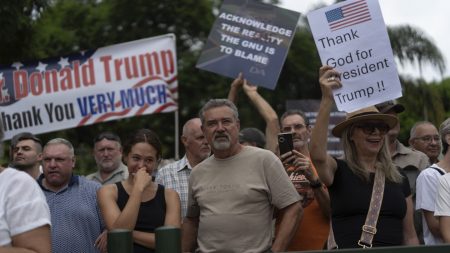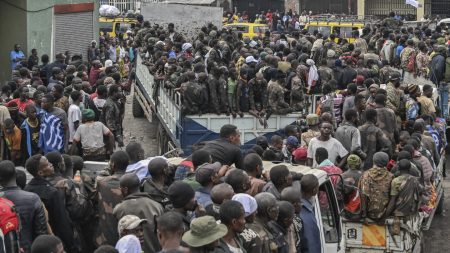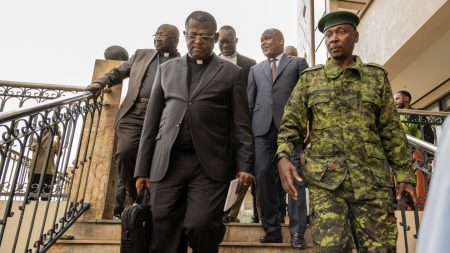Trump’s Decision to Cut Funding to South Africa: An Overview
U.S. President Donald Trump’s announcement to cease funding to South Africa over a new land expropriation law has sparked significant debate. Trump’s decision, made via his Truth Social platform, was prompted by claims of human rights violations against white people. The law, aimed at addressing historical injustices from the apartheid era, allows land expropriation for public interest without racial targeting. South Africa’s government has elucidated that no confiscation has occurred, emphasizing the law’s constitutional alignment. This move has drawn criticism and support from various quarters, including notable figures like Elon Musk, highlighting the complex interplay of domestic policies and international relations.
Historical Context of Land Issues in South Africa
The land expropriation law is rooted in South Africa’s apartheid past, which saw forced land seizures from the black majority, confining them to designated areas. Post-apartheid, the government has sought to rectify these injustices through land reform. The new law continues this effort, aiming to redistribute land equitably. Understanding this historical context is crucial for grasping the current legal framework and its objectives, which are deeply intertwined with the nation’s journey toward racial equality and economic redress.
Understanding the Land Expropriation Law
The law facilitates land redistribution for public benefit, ensuring equitable access while protecting property rights. It does not target any racial group and allows expropriation only under specific, non-discriminatory conditions. Despite Trump’s claims, no land has been confiscated, and the government insists on legal processes. This measure is part of broader efforts to address economic disparities and historical inequities, highlighting the balance between public need and individual rights.
Reactions to Trump’s Decision: Government and Civil Society Responses
South Africa’s government has called for a nuanced understanding of the law, urging the U.S. to consider its constitutional underpinnings. Civil society groups, particularly those representing the Afrikaans-speaking community, have opposed the law but caution against broad punitive measures, advocating for targeted actions at leadership level. These reactions underscore the diverse perspectives on the issue, ranging from concern over property rights to the need for historical redress.
Key Figures Influencing the Debate: Musk and Ramaphosa
Elon Musk, a prominent figure with South African roots, has criticized the government, alleging anti-white sentiment and even genocide, though experts link violence more to high crime rates. President Cyril Ramaphosa has defended the law, emphasizing its legal and ethical foundations. Their roles illustrate how influential individuals can shape public perception and international relations, adding layers of complexity to the debate.
Implications of Reduced U.S. Funding and Future Directions
U.S. funding cuts could severely impact South Africa’s HIV/AIDS programs, which heavily rely on PEPFAR. Beyond health, this decision may affect trade relations, given South Africa’s status as a major U.S. trading partner in Africa. Moving forward, dialogue and mutual understanding are essential to navigate this impasse, ensuring that historical injustices are addressed without compromising international cooperation and public health efforts. The situation calls for a balanced approach, fostering collaboration rather than confrontation.





